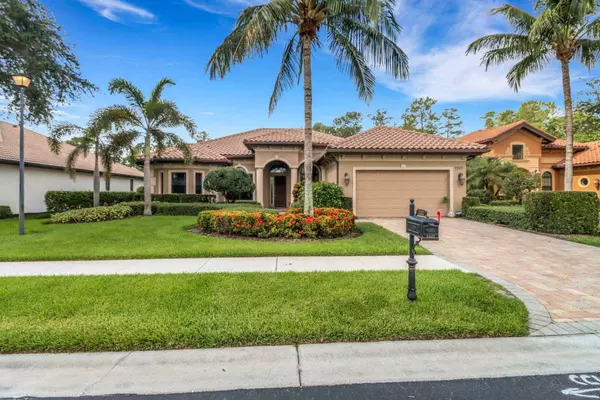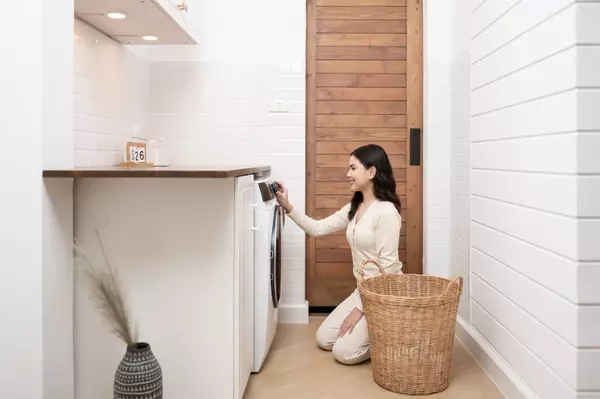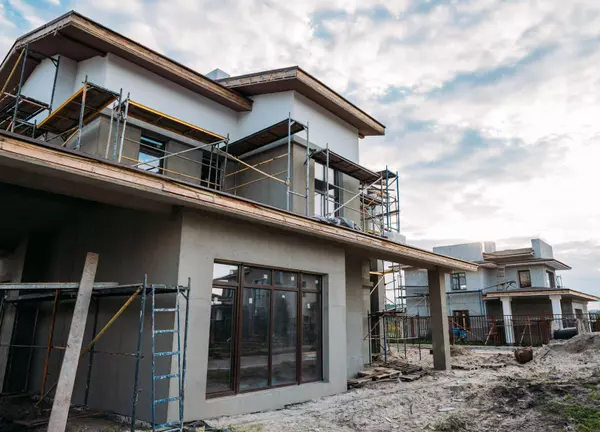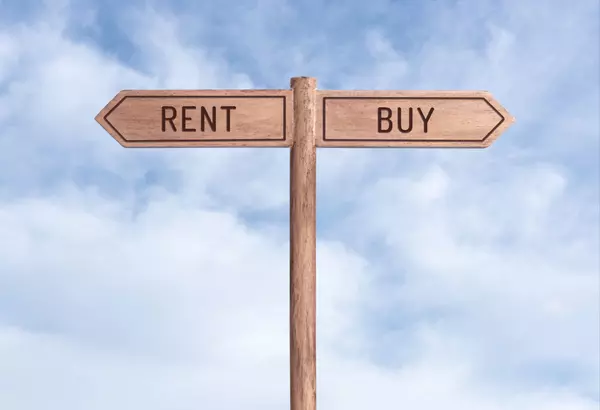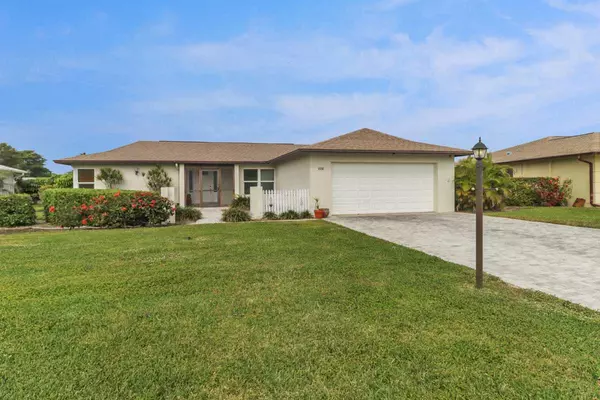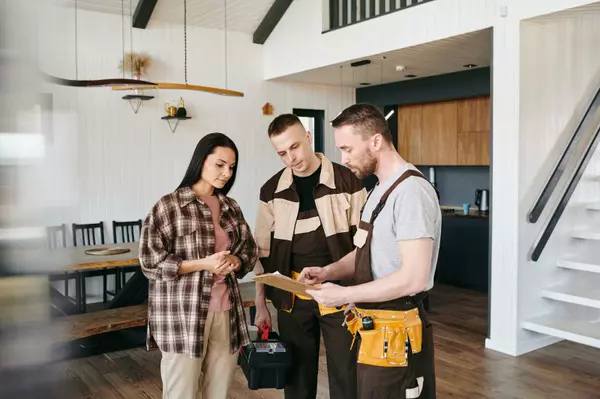What do Homeowners Association Fees (HOA) Cover? Why are you paying HOA fees?
What do HOA fees pay for?
Generally, homeowners in HOA communities will write a check to the association governing their community every quarter. The amount paid has a huge range between neighborhoods but often hover between $300-$500 a month for a non-golf subdivision. What those monthly fees cover can also vary widely with some associations paying for very little with others paying for everything! Here are some of the items commonly paid for by HOA fees:
Professional Management and Services
Every HOA is going to have part of their budget dedicated to paying the management company that oversees the neighborhood. These management companies help the neighborhood’s Board of Directors, control the fining committees, keep an eye out for items needing repair, enforce the rules of the neighborhood and more. Also, HOA’s will have an accountant and an attorney that represent the neighborhood as well.
Cable TV and Internet
One of my favorite things that HOA fees often cover are cable television and Internet. Neighborhoods negotiate a much lower bulk rate with the service provider and the homeowners receive the equipment and service as part of their quarterly dues.
Why do I love this being included? It’s simple—most of us will use both services yet paying for them as an individual consumer can be very expensive. I frequently hear of people paying $150 a month or more for cable television and Internet so by paying for it through the HOA fees, the neighborhood residents all save a little money.
Lawn and Land Maintenance

What’s better than spending your weekend mowing the lawn and taking care of the flowers and shrubs? Not into it? Neither are most of the homeowners. Your quarterly dues more often than not will include landscaping in various degrees. Some will only take care of the cutting of the grass while the owners take care of shrubs or flowers. Others take care of absolutely everything that has to do with the landscaping. Paying for this as a member of an association will help you avoid doing that tough work on your own.
I do have to mention here that landscaping is the #1 item I hear homeowners complain about. There are a few reasons why. First, some landscape companies just don’t do as good of a job as others. Some may cut corners or not pick up any debris/trash as they work. Second, landscapers tend to increase in cost year after year when working with an association. That increase gets passed down to the homeowners in their quarterly dues. Finally, I hear a lot that people ask for additional services from the landscapers or gardens cut a certain way and the landscapers refuse to do it without management approval.
All-in-all, I love that landscaping is included in my neighborhood. I really don’t want to have to purchase the equipment to do it, nor do I want to spend my time working in the sun when I could be spending it with my family or working a bit extra.
Insurance

A big expense your quarterly dues go to is insurance. However, this can be a lot different depending on if you’re in a condo or a single family home neighborhood.
Condo insurance will generally cover the buildings exterior or the “common elements.” Condo owners will usually have to purchase “content insurance” or similar for the interior of their units. There’s a grey area here because if someone were to break in a common element (such as a roof leak), the insurance should pay for the interior of your condo.
The other big insurance condo communities generally purchase is flood insurance on the building. There are a few communities, Glades Country Club for example, where the flood insurance is the responsibility of the owners. However, more often than not the flood insurance is going to be paid through the HOA fees.
Single family home neighborhoods will have insurance on the common elements of the neighborhood but owners are going to have to purchase their own homeowners insurance on top of their quarterly HOA fees.
Pest Control
Many HOA communities have exterior pest control included. You’re going to be on your own for the interior of your property but the exterior will often be maintained through the HOA fees.
Neighborhood Facilities

Do you have a clubhouse? Is there a tennis court? Fitness center? All of these items require management and upkeep which your HOA dues will cover. In fact, most of these facilities have a useful life defined before major work needs to be done. Take a pool for example—it will need to be resurfaced at a very high cost down the road. Your HOA fees are going to that project!
Security
My previous neighborhood has a gatehouse with a 24 hour a day guard. Who pays the guard? That’s right! Your HOA fees pay that salary. Our new neighborhood simply has an unmanned gate but the gate's maintenance and repairs are a line item in your HOA's annual budget.
Water
We see water paid in HOA fees most often when we’re talking about condominiums. That’s a big expense that your fees cover in some instances.
Irrigation Water
Irrigation water can come from a number of sources such as reclaimed water, using a lake as a source of irrigation, or sometimes central city water. That city water doesn’t come free so your HOA fees pay that bill so that the community’s landscaping can remain beautiful.
Repairs and Maintenance
Light post bulbs, cracked sidewalks, broken entrance gates and more will happen at any community and require some cash to repair. That money is going to come from your HOA fees!
How should I evaluate if the fees are reasonable?
It can seem a bit confusing when you look at two homes to buy and they’re in very comparable neighborhoods yet the HOA fees are very different. This happens all of the time so ask us what the HOA fees cover.
For me, the three big categories I look at are landscaping, cable television and repairs. I know that cable TV and internet is going to cost me around $150 a month from my own pocket. Plus, if my neighborhood has a lot of really great amenities, I expect to pay a lot more in HOA fees for those privileges since they must be maintained and repaired/replaced in the future. Finally, I want to have a look at the quality of the landscaping and what exactly is paid for by my HOA fees. If it is just mowing versus full landscaping, that will influence my opinion of the value of the dues.
Don’t forget to evaluate the reserve balances and contributions.

Quite simply, reserves are the money set aside every quarter from the HOA fees to cover big projects that will need financing later on.
Many neighborhoods (especially condos) will cover roof replacement on the buildings. Imagine the cost of that! In order to have that benefit, the management will need to set aside a lot of money in savings to pay for the project.
How do we know if the reserves are enough? The first thing to do is look at the neighborhood’s balance sheet and do a sanity check—are the numbers in the reserves reasonable? Then, take it a step further by seeing if the reserve contains 70% of the item’s estimated cost. Also find out if there have been special assessments that may show deteriorating conditions in the neighborhood and therefore more spending or if the special assessments were simply due to mismanagement.
Have any questions?
Want to know what's covered in a particular neighborhood's HOA fees? Let me know! I'm happy to help.
Want to tour a home in person? Let me know too! I would love to show you property with no obligation.
Categories
Recent Posts
